The improvement in weather and ground conditions has significantly reduced the incidence of sheep being classified as unsuitable for slaughter or requiring intervention at factory level. This is likely to continue to improve as the sheep kill switches from hoggets to spring lambs.
However, it is important to note that while incidences are likely to remain at a low level, the clean livestock policy (CLP) will remain an important consideration over the summer months.
One area which is likely to present the greatest risk is in transporting sheep and fleeces becoming soiled.
Teagasc has developed a guide concerning the transport of sheep, with particular regard to fulfilling the requirements of the policy.
Advice relating to the vehicle and haulier includes transporting sheep where possible in a roofed and well-ventilated trailer. Vehicles should be clean, dry and disinfected before loading, with absorbent materials used where needed to absorb urine or faeces.
A major risk in this respect is where animals are transported on decks and urine or faeces from upper levels soils sheep on the lower levels.
Withdrawing feed before transport will help, but it may not entirely eliminate it where lambs are travelling long distances and being drafted off fresh grass.
The advice is to withdraw feed for a minimum of eight hours and maximum of 12 hours before slaughter, while also taking account of transport time and time spent in the lairage.
This means that for lambs travelling long distances, there may be no option but to house animals at certain times for a period before loading, while offering access to alternative feed to help dry up their dung or moving animals away from lush grass for a period.
Water should not be restricted and animals should have access to clean water before transport.
The use of partitions that restrict movement and prevent mixing of batches of sheep is also advised. Table 1 details the recommended space allowance for different categories of sheep.
Animals which are deemed unfit for transport should not be loaded, while the guide advises that vehicles should comply with road safety laws and permissible weight limits. The guide also recommends the use of approved hauliers where animals are travelling distances of greater than 65km.
Practical advice at Sheep 2018
Sheep 2018, which takes place on 7 July in Teagasc Mellows Campus, Athenry, will include a return of practical demonstrations which proved popular at previous events.
There will be a strong focus on the clean livestock policy, with advice on optimum handling techniques to avoid carcase damage, the criteria used to classify sheep falling into category A, B or C and advice on optimum transport procedures. The information available on CLP is just one component of a wide series of demonstrations covering all facets of sheep production.



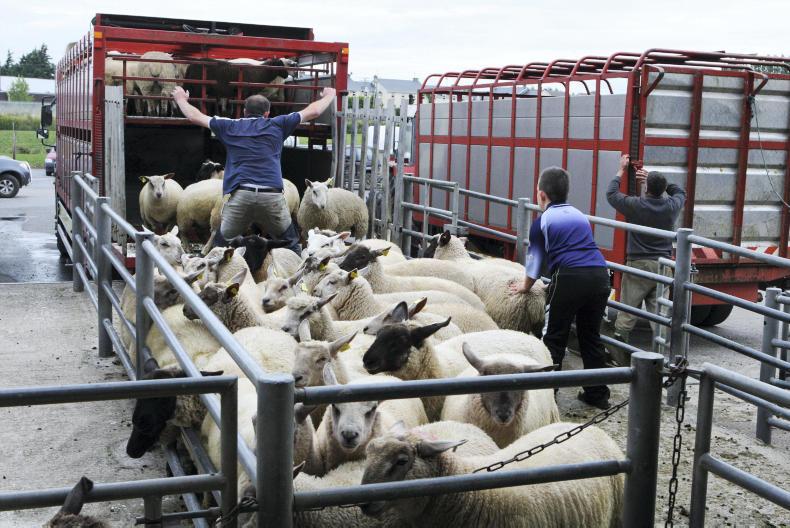
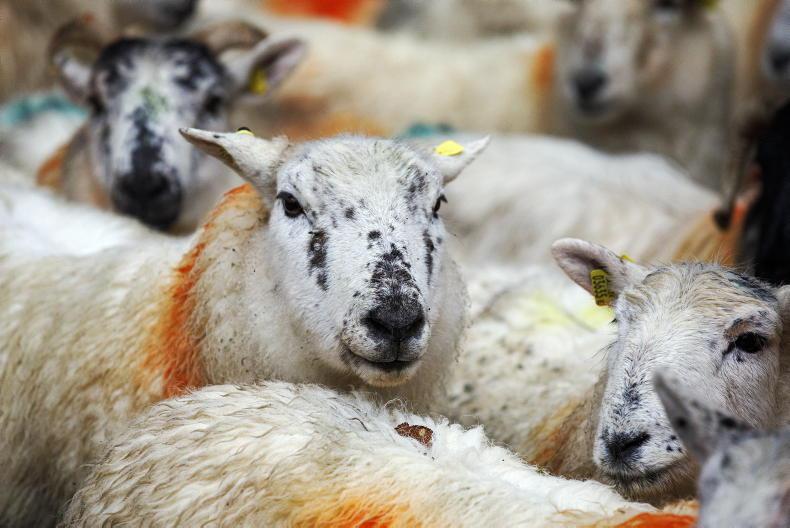

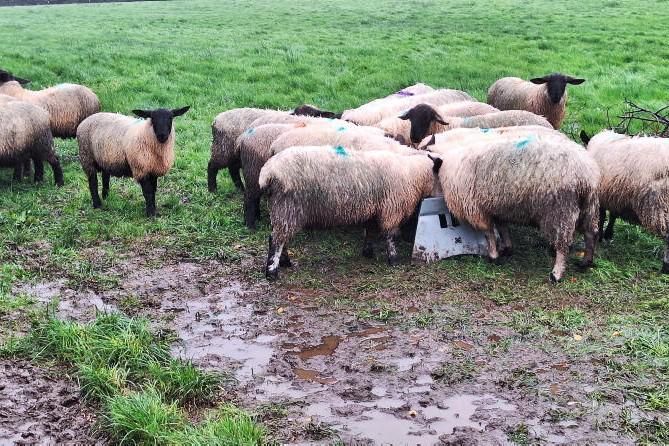
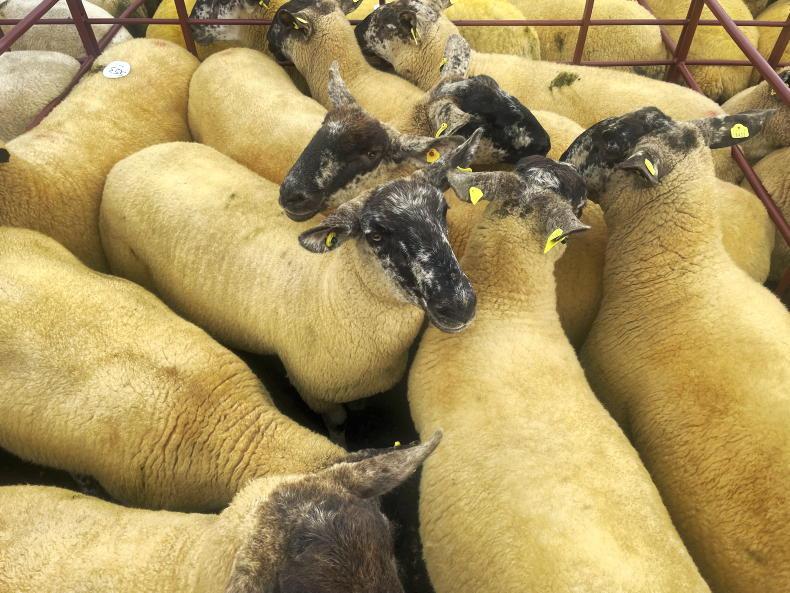
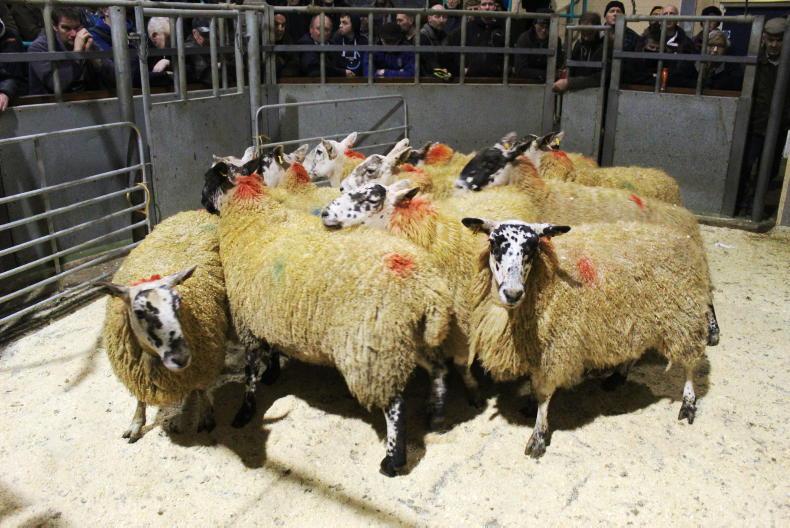
SHARING OPTIONS